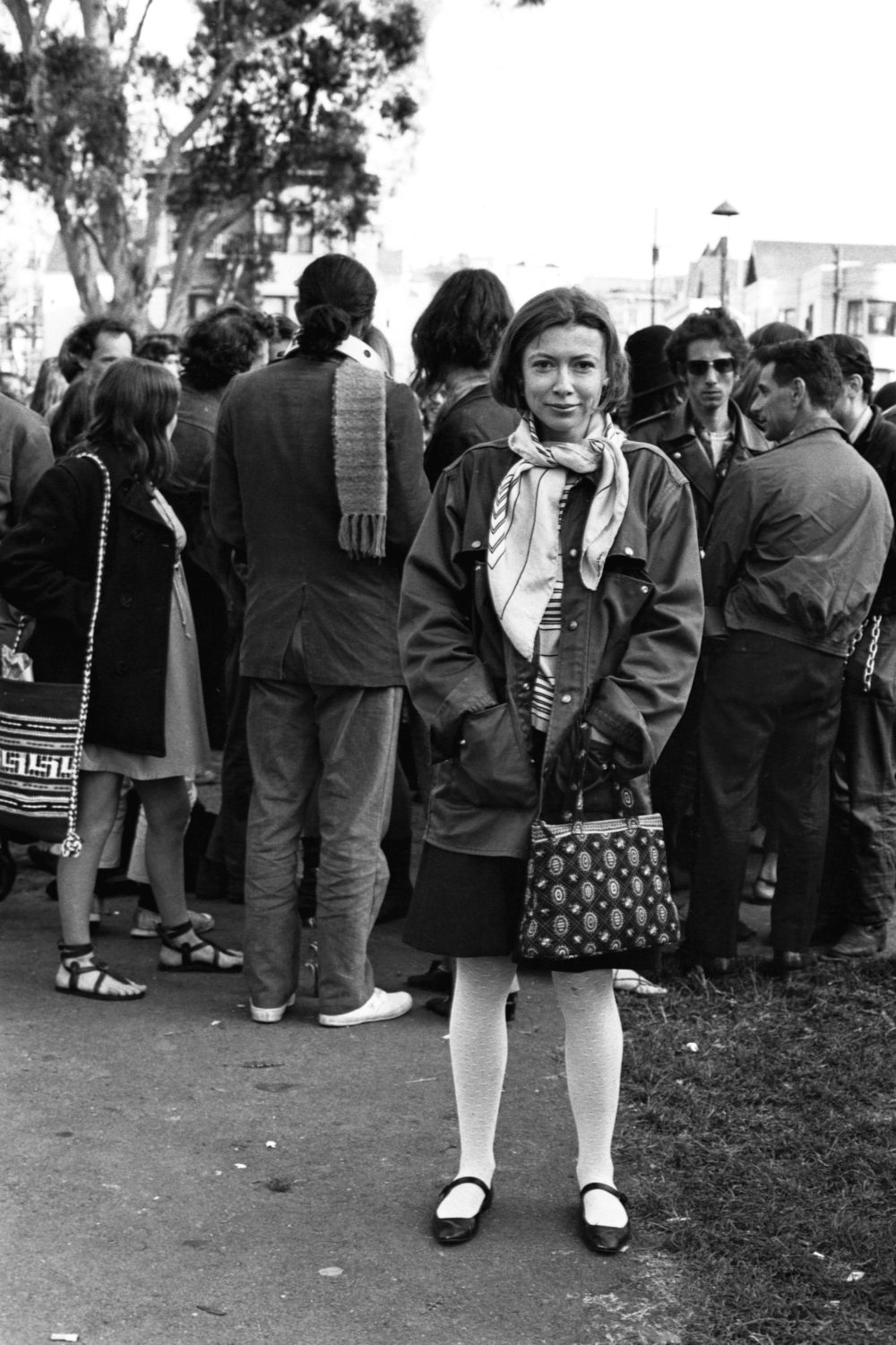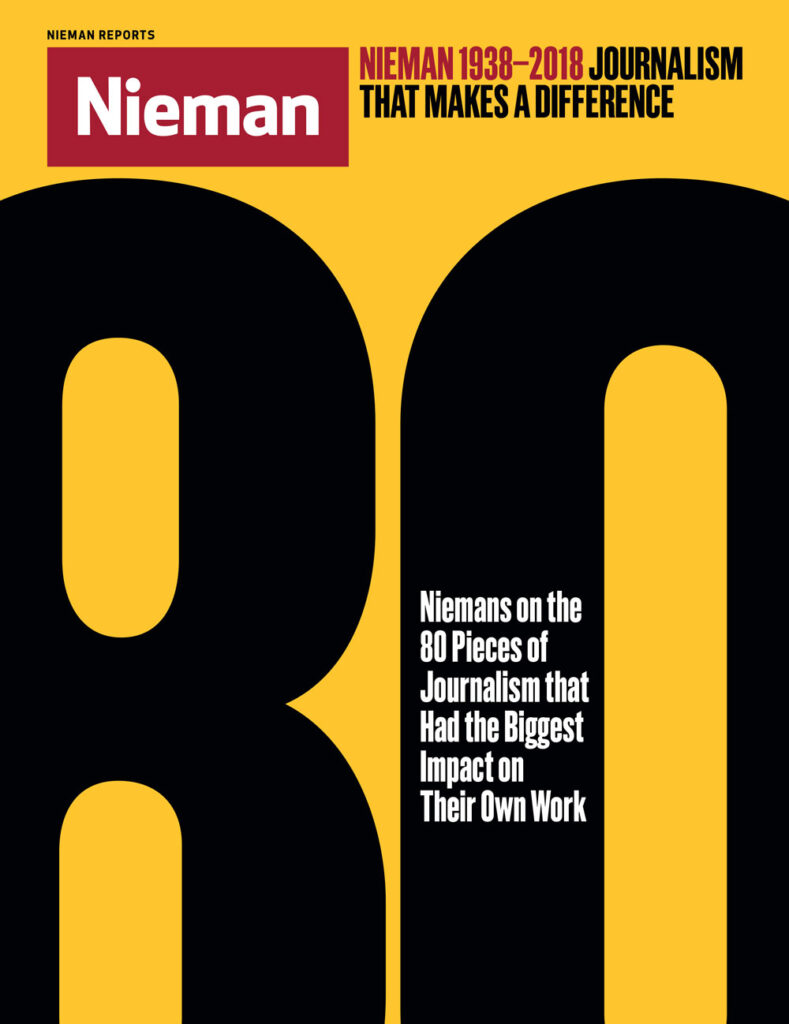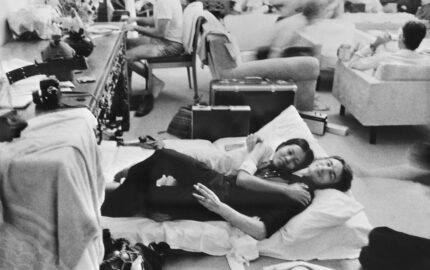Edward Wong, NF ’18
Sometime in my 20s, when I was starting out as a reporter, I read two collections of Joan Didion’s early articles and essays. They changed the way I thought about journalism. Here were pieces in which the subjective eye and the voice were as important to the story as the facts in it. It’s impossible to think of these stories without hearing Didion in your head. Her voice was—and remains—ironic and detached, yet also engaged and vulnerable. The voice strengthened the reporting, and the reporting strengthened the voice. The accumulation of detail, telling conversations, and sense of place and time gave the stories their foundation. Everything built to a commentary on history, politics, and culture, as her entire body of work does.
“Slouching Towards Bethlehem” is her most famous piece and the title of her 1968 collection, but I could just as easily point to “Goodbye to All That,” in the same collection, as a story I love, or to the articles reprinted in “The White Album,” or to her book “The Year of Magical Thinking,” about the death of her husband, which gave me one of the most emotional reading experiences I’ve ever had. In a 2017 documentary about Didion, the filmmaker, Griffin Dunne, her nephew, asked her about her reaction when she encountered a 5-year-old girl in Haight-Ashbury in 1967 tripping on LSD given to the girl by her mother. The scene appears in “Slouching Towards Bethlehem,” and it’s a signature one in her oeuvre. “Let me tell you, it was gold,” Didion said. “You live for moments like that, if you’re doing a piece. Good or bad.”
Jo Thomas, NF ’71
I was living in Ohio in 1968, working at the Cincinnati Post and Times-Star as the first new woman reporter in the city room since World War II. I had covered the aftermath of two urban uprisings in a city that was filled with racism, poverty, and despair and had seen what appeared to be intractable injustice. I wasn’t sure that journalism was worth it. I hadn’t studied either journalism or writing, so I had no models. Then I picked up Joan Didion’s book, “Slouching Towards Bethlehem.” Her circumstances were different, but in her preface, she said, “I went to San Francisco because I had not been able to work in some months, had been paralyzed by the conviction that writing was an irrelevant act, that the world as I had understood it no longer existed. If I was to work again at all, it would be necessary for me to come to terms with disorder.” The beauty of her writing, her insight into characters, and the texture of their culture made me aware of so many possibilities.
A door opened for me.
Slouching Towards Bethlehem
By Joan Didion
Farrar, Straus and Giroux, 1968
Essays




